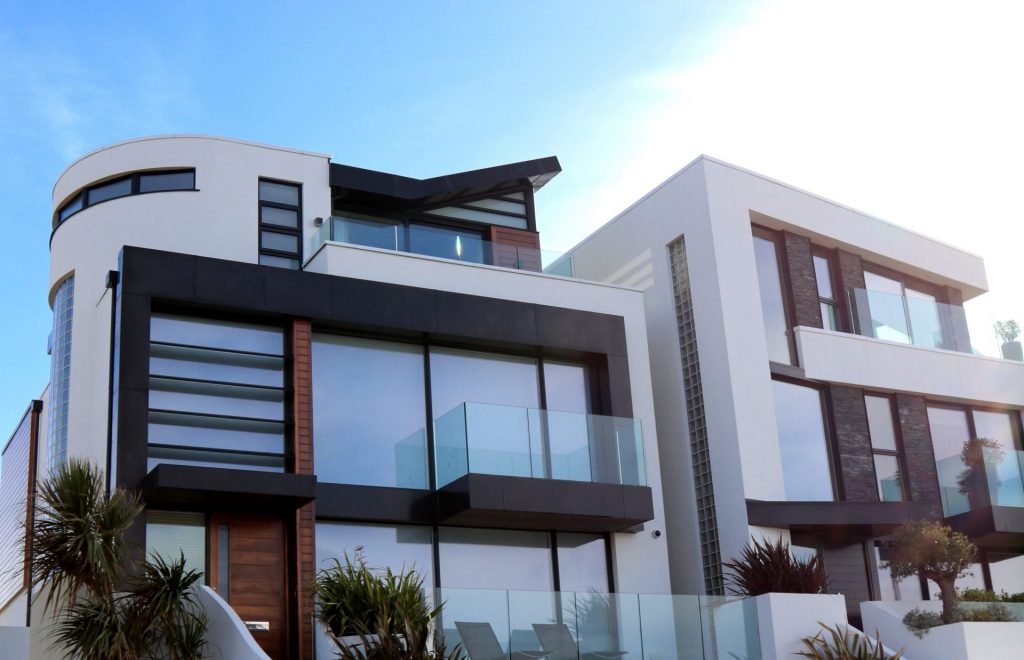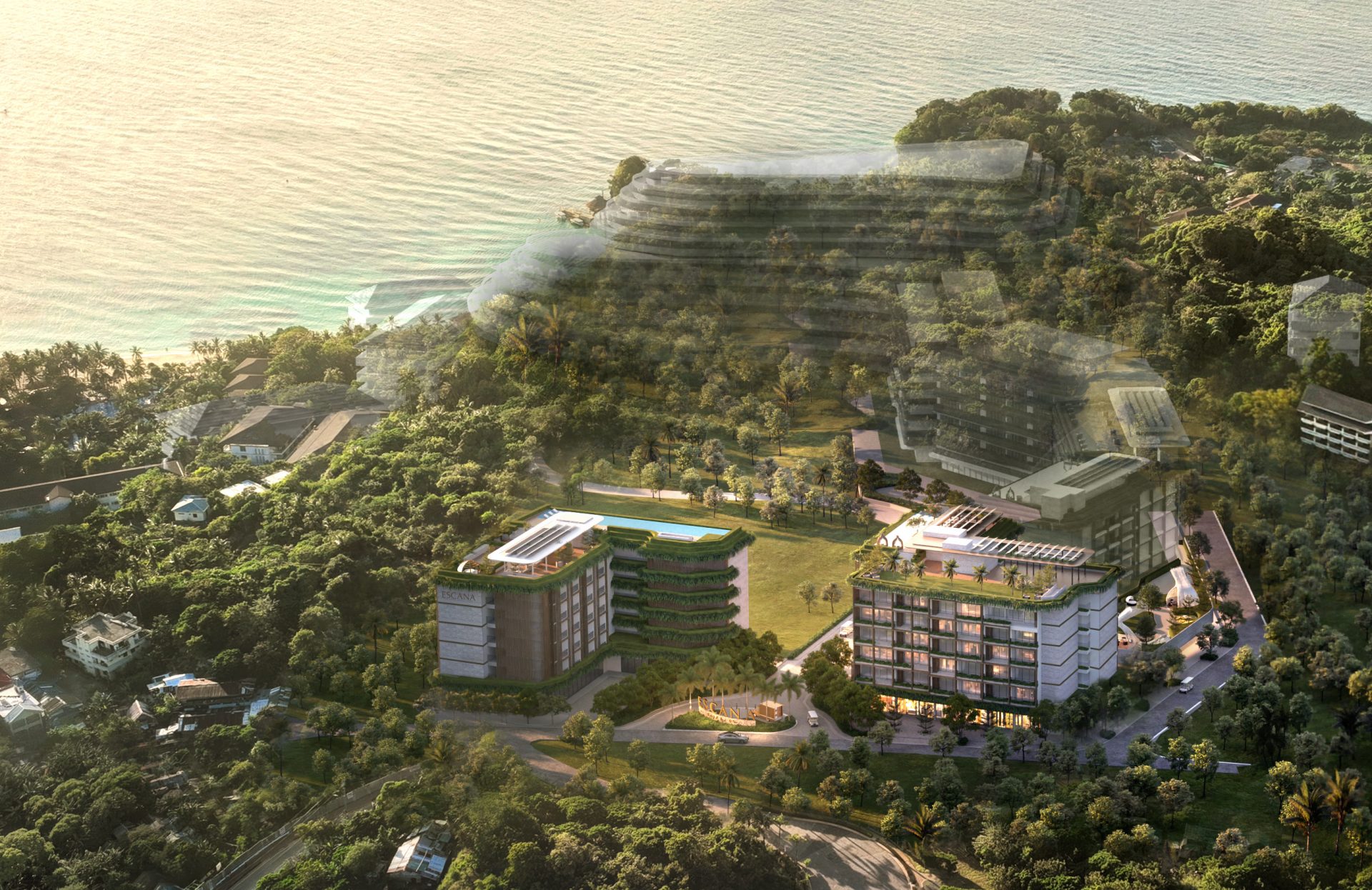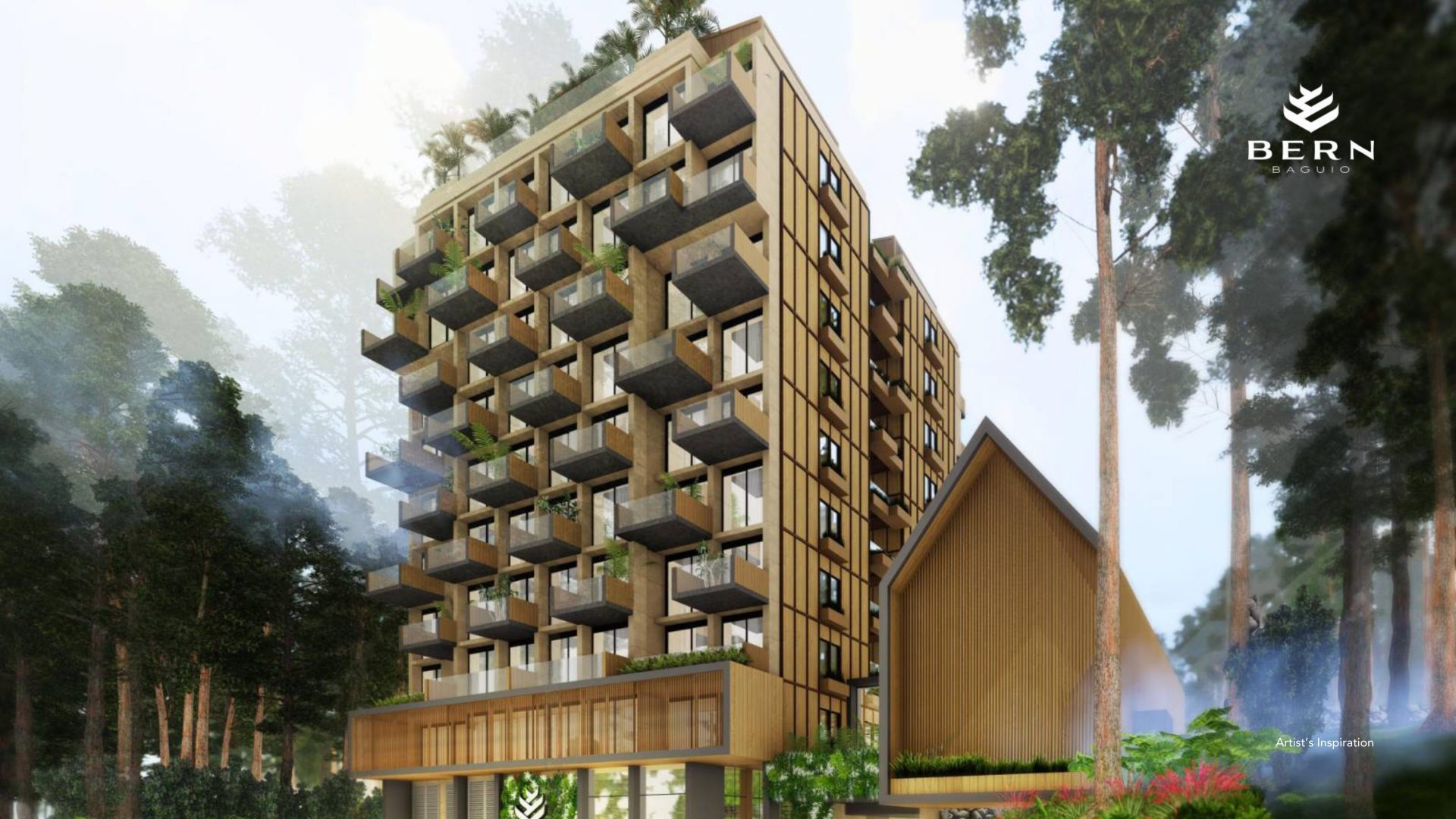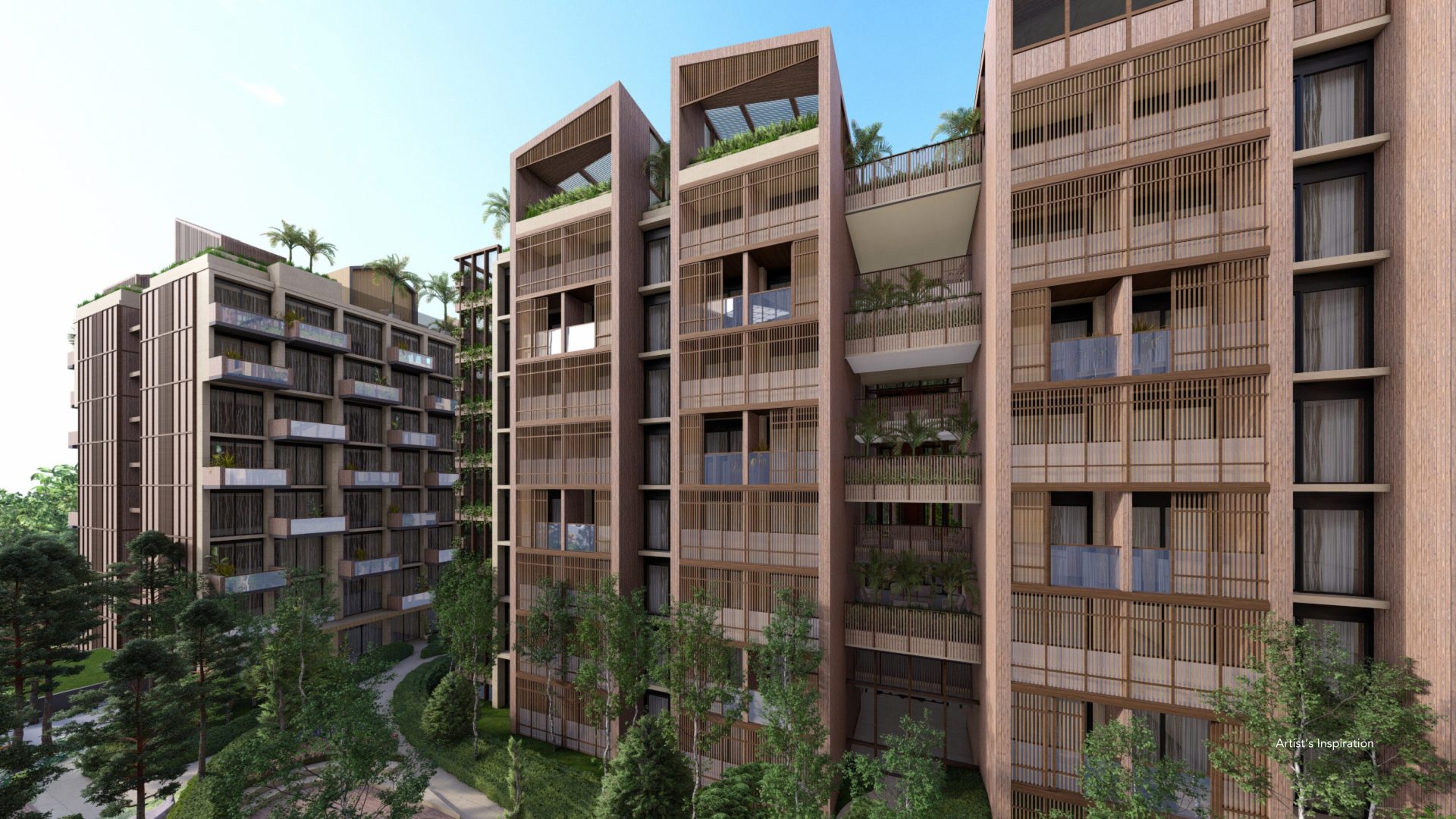BLOGS
What Are The Different Real Estate Financing Options
Rising home prices and high rental rates have made real estate attractive to real estate investors and developers in the Philippines. To protect investors’ cash flow, many real estate financing options have been established.
Real estate, may it be commercial or residential, is one of the best direct investments in the Philippines. While investing in real estate is ultimately a leveraged purchase, some see it as a safe alternative to hoarding cash from depreciating financial instruments that pay interest rates to investors.
The Asian Development Bank expects the country’s real estate sector to grow by 6.3% in 2023 when the country’s economy consistently recovers from a weakening currency against the United States dollar. Real estate prices have historically risen faster than other investments, prompting financial institutions to offer flexible real estate financing options.
How To Protect Your Cash Flow When Choosing Methods Of Financing
Finding suitable methods of financing is crucial to the success or failure of your venture, so you want to ensure that you find which type of real estate investment is best. The Home Development Mutual Fund (HDMF) or PAG-IBIG is popular among Filipinos, offering a home loan of up to P6 million at lower interest rates.
Let’s take a look at these factors to consider when choosing real estate financing options:
Do your research.
Find out what other companies have done in similar situations, and don’t be afraid to ask around.
Consider how long you need to pay back each loan.
If a specific timeline is attached, it might not make sense for your business right now. Make sure each business financing option has a flexible monthly payment schedule that works with your company’s goals and needs before signing anything official!

Look at all available options before making any final decisions.
You never know what kind of real estate finance deals someone else might offer if they see an opportunity first!
Major Real Estate Financing Options Explained
Knowing your real estate investment goals is important before obtaining commercial loans. If you don’t see what you want, finding the right financing option may not be as easy as you think.
If you’re looking to buy a pre selling lot for sale, your goal may be to purchase property and live in it for five years. However, if you plan on purchasing multiple properties, such as a luxury condominium that will be rented out, you might be looking at a 15-year loan instead of something shorter, like a five-year term.
It all depends on where your money is going and what kind of return you want from that investment! Here’s our top list.
Conventional Bank Financing
Conventional bank financing is a mortgage loan from banks and other financial institutions not secured by the government. It’s appealing to real estate developers and investors because it’s more secure than other types of real estate loans, despite the expected additional paperwork.
Given the current economic climate and fluctuating housing market, conventional bank loans are still one of the most popular real estate financing options. The typical expectation for a down payment with traditional financing is 20 to 30% of the real estate’s purchase price.
The good news is that with a conventional bank loan, your credit score and credit history determine your ability to get approved with fixed interest rates until the loan matures. Other financial institution may also ask for your financial information, such as payslips, income tax returns, etc.
There are also some drawbacks to using a conventional loan. If you have poor credit or little savings, you may find it challenging to qualify for a traditional loan. If conventional lenders have declined funding, you may wish to explore other options, such as hard money loan and home equity loan.
The Bangko Sentral ng Pilipinas has accounted for an increase of 51.1% of released bank loans in 2021, of which 84.7% are directly related to investment property loans. This dramatic increase prompts the urgency among investors or homeowners to invest in multiple properties including commercial real estate.
As of the end of the third quarter of 2022, the Central Bank accounted for P10.33 trillion in real estate loan releases from the top banks in the country.

Hard Money Loans
Hard money loans are alternative means of financing a real estate transaction. This is a short term loan that provides business financing for acquiring, rehabilitating, or developing an investment property. They are called bridge, gap funding, build-out, and construction loans.
This type of real estate loan can be an alternative to traditional bank financing for real estate projects. In some cases, it may also be used when conventional financing is unavailable or has been exhausted. Usually, these financing options’ interest rates are higher than traditional loans. The lender uses the property as collateral for this type of loan.
Hard money loans are given by private money lenders who do not have time to wait for traditional banks or lenders to offer them a loan. These investors are willing to make quick decisions about lending money based on what they see in front of them: the value of your property and its ability to generate income.
In most cases, these investors are less concerned about your credit score than traditional lenders because they expect you to be able to repay them quickly with cash flow generated from renting out spaces from your investment property.
Private Money Loans
Private money loans are unsecured loans given to individuals or companies by a private individual or organization. These financing options are typically not secured by collateral but rather by the borrower’s character, personal network, and business acumen. This can be risky for borrowers and lenders alike, but it is often much more affordable than traditional financing options.
Private money lenders are typical: individuals with an existing relationship with the borrower, business owners who want to loan their own money to friends or relatives, and family members who will not charge interest on the loan. These methods of financing can be used for any purpose, including debt consolidation and investment property improvement projects.
Hard money lenders typically charge points up front, origination fees, use draws for rehab money, and inspection fees.
On the other hand, private money lenders provide more leniency in the interview process and do not require you to leave a large sum of money in the deal.
Home Equity Loans
A home equity loan is another real estate financing option that allows you to borrow money against the value of your property. It is based on the principle that you can make money on your home by borrowing against it and receiving cash.
Contrary to equity financing, debt financing is a way to raise money by borrowing it from investors. The key difference between debt and equity financing is that you pay back the investor over time with the former. With equity financing, the investor gets a percentage of your company instead of receiving interest payments on their investment.
This real estate finance type is also known as a second mortgage because they are taken out after the first mortgage on your home, even if they have not yet been paid. Home equity loan allows you to take out a second loan without paying off any existing loans or selling your house if you run into financial difficulties.

There are two types of home equity loans.
Home Equity Line of Credit (HELOC)
A home equity line of credit is a revolving credit line secured by your home or investment property. HELOC allows you to draw money out of your line of credit and pay it back later. You can utilize the credit line for any purpose, and there are no fixed payments throughout the year like with a traditional loan.
Home Equity Loans
Home equity loans are similar to home equity lines of credit in that they let you borrow against your home’s value to finance something else. Unlike HELOCs, which don’t have fixed monthly payments, home equity loans require regular payments for the duration of the loan term (which may be 15 years).
Leverage Your Income Through an Investment Property
Financing options allow you to leverage your income to other investment portfolio.
When you invest in luxury real estate, you get more than just a home; you get an opportunity to grow your wealth and enjoy tax benefits. But you want to ensure that the location of your investment property is right for you, that you can afford the mortgage payments, and that the house and lot for sale are in a good neighborhood with many amenities nearby.
With an expanding portfolio of condominiums in Davao and Baguio and existing properties in Crosswinds, Sta. Rosa, and Alabang, Brittany Corporation has become a trusted real estate solutions provider for companies and individuals seeking to invest in luxury houses in the Philippines.
Experience the lifestyle you deserve by investing in Brittany Corporation.
Suggested Read: An In-Depth GuideTo Getting Pre-Approved For A Home Loan
Suggested Read: The Ultimate List Of Questions To Ask When Buying A Home
Suggested Read: Why Are Lower Mortgage Interest Rates Being Offered
Suggested Read: How To Increase Your Real Estate Cash Flow















